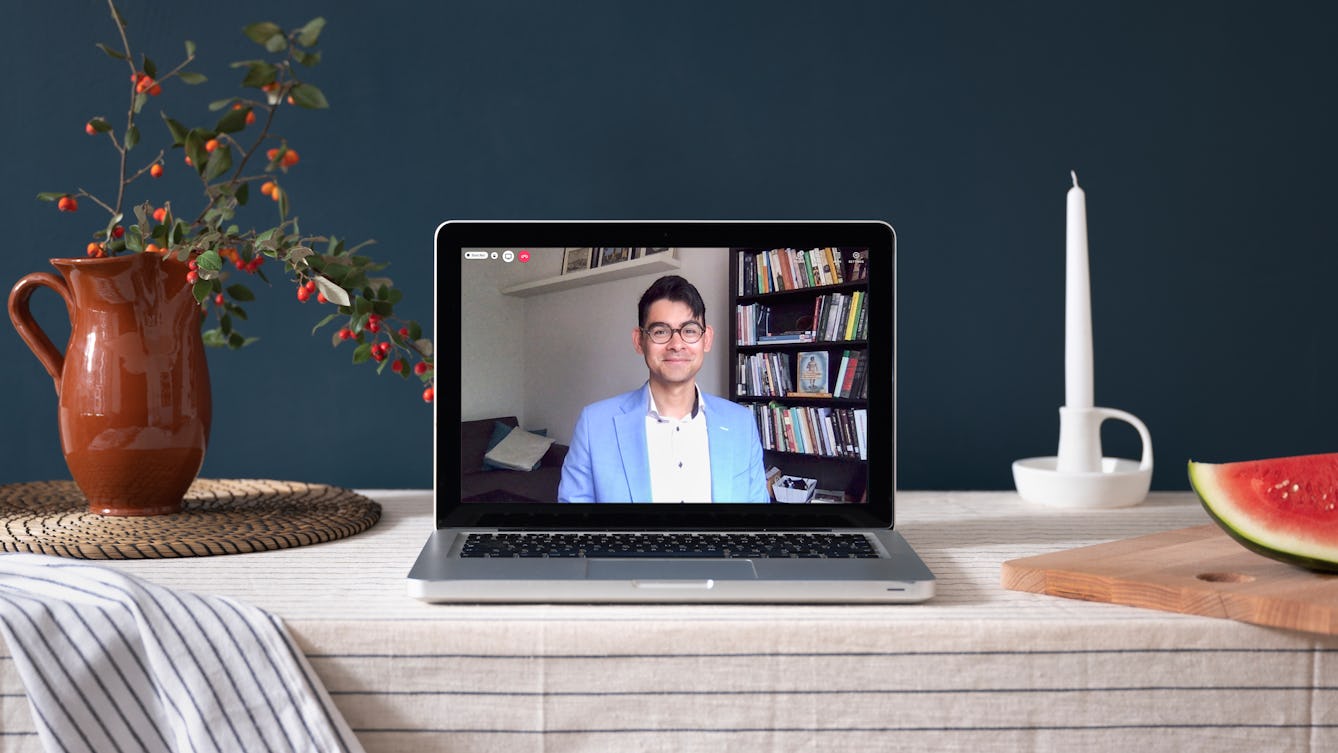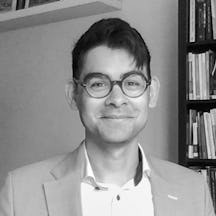What you’ll do
Watch a recording with Dr Ruben Verwaal to explore the oldest acoustic hearing aids in Wellcome Collection: the ear trumpet.
You will learn about how ear trumpets were developed at the turn of the 18th century and why this large acoustic device became increasingly commonplace among the hard of hearing.
Joshua Reynolds, Elizabeth Vesey and James Hutton are some of the best-known ear-trumpet users in Georgian high society. This presentation will investigate the experiences of the hard of hearing as well as the perceptions of their interlocutors at art academies, science societies and church congregations, and show how these social contexts accepted the new technology as a means of increased participation.

